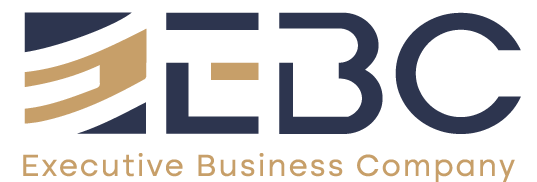
To book a consultation and schedule an appointment
Do not hesitate to contact us at any time...
Get to know me
In a world where financial decisions are accelerating, financial auditing becomes the true guarantee of the accuracy of figures and the credibility of results.
We provide highly professional financial auditing services in accordance with International Financial Reporting Standards (IFRS), to ensure that the financial statements reflect the actual reality of the company’s activities, free from errors or deviations.
Our goal is to give your management a clear financial view that helps in making accurate decisions and enhances the confidence of investors, shareholders and regulators in your business.
Financial statement auditing is an independent and systematic examination, conducted by a certified public accountant (CPA), of an entity’s financial statements and supporting records and documents. The purpose of the audit is to provide an impartial professional opinion on the fairness and accuracy of these financial statements and their compliance with generally accepted accounting principles (GAAP).
In other words, it is a process of examining and evaluating a company’s accounts to ensure they accurately and fairly reflect its financial position.
The primary objective of an audit is to enhance the credibility of financial statements for external users, thereby giving them confidence in using this information for economic decision-making.




The auditing process is carried out in several stages:
• Understanding the nature of the client's business and its internal and external environment.
• Identifying risks that could lead to material misstatements in the financial statements.
• Developing a comprehensive audit plan.
• Assessing the effectiveness of internal controls within the company.
• If controls are strong, the auditor may rely on them and reduce the scope of detailed testing.
• Gathering audit evidence through document examination, monitoring, external verification, and recalculation.
• Detailed testing: Examining individual transactions and account balances (e.g., verifying customer balances by contacting them directly).
• Analytical testing: Comparing figures with each other or with previous periods to detect any unusual deviations.
• After completing all procedures and evaluating the results, the auditor drafts his report, which contains his final opinion on the financial statements.




Financial auditing helps to ensure the accuracy of financial records and information, providing a clear and reliable picture of the company's true financial position.
Auditing gives a company credibility with shareholders, investors, and regulators by providing audited and impartial financial reports.
It contributes to the early detection of errors and deviations, and the development of appropriate recommendations for improving financial and regulatory systems and enhancing operational efficiency.
The audit ensures the company's compliance with international accounting standards and local regulations, protecting it from legal violations and maintaining the sustainability of its business.




Internal auditing is conducted within the company with the aim of improving performance and internal control, while external auditing is conducted by an independent party to ensure the accuracy of financial statements and their compliance with international accounting standards.
The goal is to verify the accuracy of financial records, detect errors or risks, and provide an impartial report that reflects the true financial position of the company and enhances the confidence of investors and regulatory authorities.
Financial audits are usually conducted annually at the end of the fiscal year, but periodic semi-annual or quarterly reviews can be carried out to monitor compliance and financial efficiency.
Yes, within the scope of the audit we review tax and zakat obligations to ensure the accuracy of the declarations and compliance with local regulations, and to avoid any financial violations.
Certainly, the audit results reveal weaknesses in financial management and internal control, and provide practical recommendations that contribute to raising operational efficiency and reducing risks.
Yes, auditing isn't just for large corporations. It's an important tool for small and medium-sized enterprises (SMEs) to organize their finances and build trust with investors and banks.
The duration varies depending on the size of the company, the number of branches, and the financial operations, but it usually ranges from 3 to 8 weeks to complete a thorough and comprehensive review.



Do not hesitate to contact us at any time...
